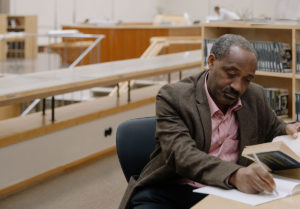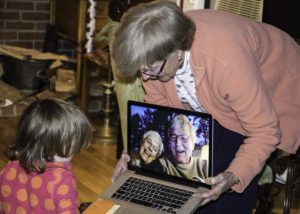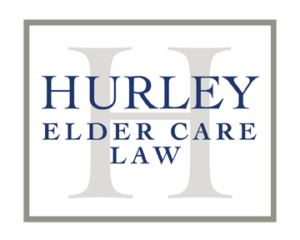Brain
The Growing Impact of Alzheimer’s As of 2025, the Alzheimer’s Association estimates that 7 million Americans aged 65 and older are living with Alzheimer’s disease—a number projected to nearly double to 13 million by 2050. The financial toll is staggering: total annual care costs are projected to reach $384 billion this year and nearly $1…
Eighty-eight-year-old Alice has advanced Alzheimer’s disease. She is non-verbal and lives in a memory care community. The community invited a pianist to play holiday songs for the residents. To everyone’s surprise, when the first few chords of “Go Tell It on the Mountain” began, Alice clapped her hands and hummed along! How can this be?…
Aaaah, retirement. For some, the mere thought of it conjures up visions of relaxing on the beach with a pina colada in hand, but for others it invokes feelings of dread. In reality, getting the most from retirement is hard work. It requires us to take a long, hard look at ourselves and decide how…
Dem Sports athletes may be at increased risk for Lewy Body Disease (LBD) which can then cause Parkinson’s disease, a brain disorder that leads to problems with movement and thinking. A new study by VA-BU-CLF Brain Bank just published in the Journal of Neuropathology and Experimental Neurology, suggests that sports athletes may be at increased…
Parkinson’s Awareness month has ended for 2018, but the search for a cure is continuously being sought. The Michael J. Fox Foundation, www.michaeljfox.org is urgently working on a cure. The purpose of setting aside this month of April was to bring awareness to Parkinson’s and to help people become mindful of their well-being. The more information…
Your mom got the dreaded diagnosis! What do you do first? Start by contacting your local chapter of the Alzheimer’s Association; ask for guidance and use their printed information. Locate a geriatric care manager, doctors specializing in dementia, adult day care services and respite care services. Eventually you will want to investigate memory care facilities…
Dr. Matthew Walker, a self-described “sleep diplomat” earned his degree in neuroscience from Nottingham University, UK, and his PhD in neurophysiology from the Medical Research Council, London, UK. He subsequently became a Professor of Psychiatry at Harvard Medical School, USA. Currently, he is Professor of Neuroscience and Psychology at the University of California, Berkeley, USA. He…
Not all persons who have Alzheimer’s disease are alike, making it difficult for both the family and doctors. Knowing the various signs or stages of the disease helps one to cope and offer the most effective help. There are seven stages of the disease, as follows: Stage One has no signs. The disease is undetectable.…
There is an opportunity to take a 10-minute online test, part of a research study to understand how memory changes as people age and how genetics are involved in the process. The goal is to learn more about the connections between memory and aging and to be able to understand brain disorders, such as Alzheimer’s…
Subscribe to our blog and monthly newsletter.
















